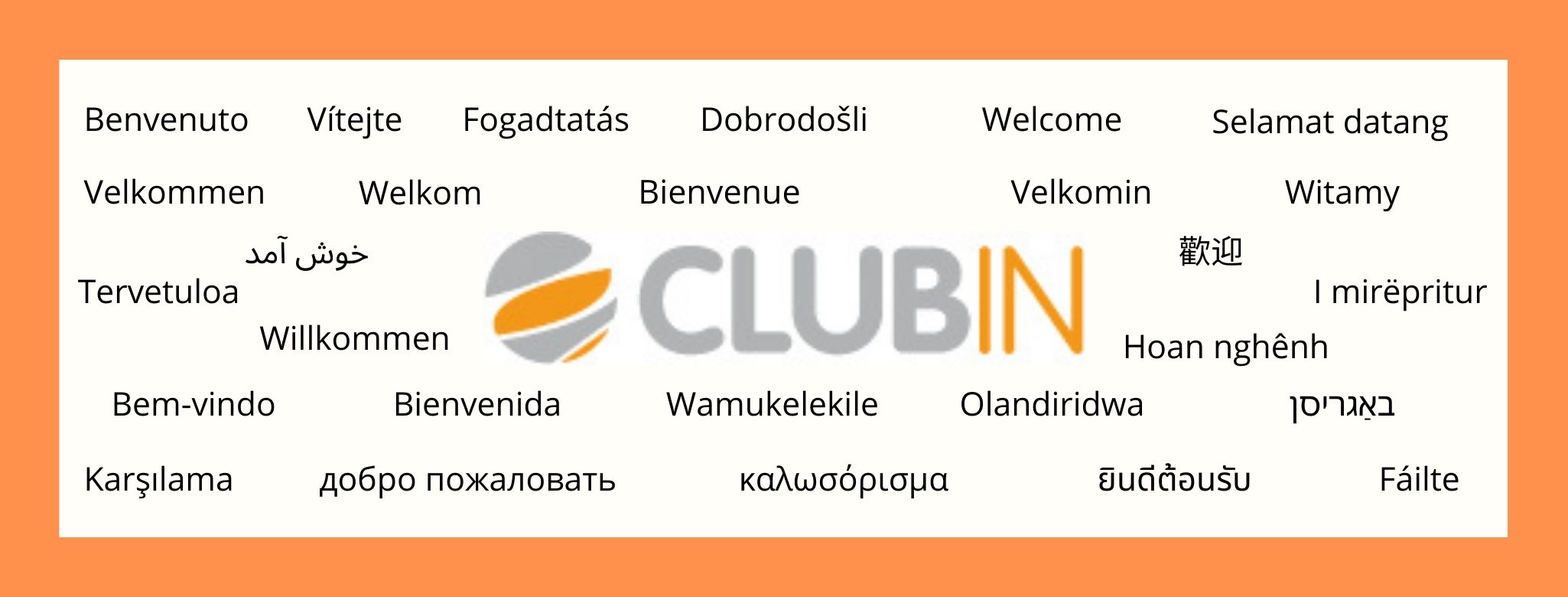My thoughts on the anniversary of the liberation of Auschwitz
By Adriana Cuevas
A commemorative trip to the Auschwitz concentration camp memorial not only made me reflect on the reality of the prisoners and employees at the time but also led me to wonder about the experiences of my family in Venezuela during the same period, questioning whether they, too, suffered under the Third Reich. My text begins with my experience in the concentration camp memorial center and ends with the fate of my family in Venezuela at that time…
Spending days in the memorial, enduring the cold, constantly on foot, walking for extended periods, shivering, feeling as though I might fall ill due to the cold… At times, I questioned whether I could endure it and if fatigue would overcome me.
I stand where you once stood, witnessing how you lived. Yet, I am not truly there, unable to fully empathize with the conditions you endured.
The story is tethered to a specific time, place, moment, people, and situations. Even though we stood in the same location, we weren’t fully immersed in the historical context. I find myself questioning: Can I truly empathize with life in a concentration camp? I wonder if we can imagine it? Is it disrespectful to contemplate the experiences of the prisoners? Does it make sense to ponder the feelings of the concentration camp authorities? Were they aware of what they were doing?
I’m not German, but I’ve lived in Germany for several years, aspiring to comprehend how Germans feel about the Holocaust. Yet I can’t, because my origins lie elsewhere. I haven’t experienced their historical journey or witness the process of coming to terms with the past. Here I am at the concentration camp memorial center, dealing with the history of the Auschwitz prisoners and the German population – their collective history. True understanding of a nation’s behavior, actions, thought processes, traditions, and culture comes from spending time with its people, placing oneself in their shoes, and empathizing with their feelings. History profoundly influences generations, and those generations, in turn, shape attitudes toward specific topics.
My thoughts revolve around whether I can really write a text about Auschwitz with my life story and my migration background, because I never heard anything about Auschwitz at school.
Even my ancestors in Venezuela didn’t know what was happening in Germany, some 8544 kilometres away. For me, for us, there were other main topics in childhood and at school. Only in one course at school, “Universal History”, did I learn something about the history of Europe. Perhaps just as much as you, readers, learnt about colonialism and our history of independence at school. But I am happy to tell you what life was like for my family in Venezuela during the First and Second World Wars.
One hundred years after Venezuela’s independence, three years before the First World War (1911), my grandfather was born. He grew up during the First World War in the small village of Toroy, 25 kilometres from Barquisimeto. In a Venezuela with an illiteracy rate of around 90 per cent, with major deficiencies in the economic, health and education systems, but with a functioning security system. At that time, Juan Vicente Gómez was President of Venezuela and led a dictatorial government until 1935.
At the conclusion of the First World War in 1918, my grandfather was merely seven years old. He came from a family of small farmers with a total of eight children. His father, my great-grandfather, could read and write. In contrast, his mother, my great-grandmother, could neither read nor write. He spent his childhood and early years in the countryside, laboring on the farm. When a plague of locusts struck his village of Toroy and destroyed the entire maize and bean harvest, my grandfather had grown strong and old enough to take on different tasks. He occasionally went to Barquisimeto as a builder’s labourer. In his free time, he played cards, skittles, humming tops and marbles with friends and family.
In 1941, my grandparents met in Toroy through mutual acquaintances. That same year, the SS used the pesticide known as ‘Zyklon B’ for the first time as a means of mass murder in closed rooms. The so-called trial gassings proved to be “successful”. Approximately 20,000 prisoners and prisoners of war lost their lives in Auschwitz as a result. Later, in 1943, my grandfather encountered a German couple who had relocated to Toroy.
He worked for them in trade and, simultaneously, discovered the world of commerce for himself. In 1945, with the conclusion of the Second World War, the German couple relocated to Barquisimeto, the bustling city. Subsequently, my grandfather came with them. By 1950, my grandparents had already had four children together and my grandad opened his own bodega, Casa Blanca. He set up his own business and thus became independent of the German family.
In 1995, the 50th anniversary of the liberation of the Auschwitz concentration camp by the Red Army was commemorated. Concurrently, the site of the Auschwitz-Birkenau State Museum was added to the register of monuments of the Bielsko Voivodeship.^1 That year, my grandfather welcomed his 20th grandchild in Barquisimeto – at that time he was 84 years old and already had several great-grandchildren.
While some experience cruelty and suffer, others live on relatively carefree and perhaps don’t wonder what it’s like elsewhere.
With this text, I want to encourage us to ask ourselves in the here and now whether and what we can do to provide solidarity and support to our fellow human beings. We may not be able to save the world, but we do have the power to influence the fate of others, to save at least one life or improve it a little.
Otherwise, we all live in the same world, but somehow still separated.
1 A voivodeship is a Polish administrative district, similar to the federal states in Germany.
Translated by Joeline O’Reilly
